With economic times being uncertain, many households are looking for ways to save on their monthly utilities. One way to reduce your costs is to be aware of your electricity usage. If you cut things that you don’t need, you might see some real savings. Most people aren’t even aware that these devices use up as much energy as they do. By reducing your use and dependence on these devices, you can significantly cut costs.
Air Conditioners
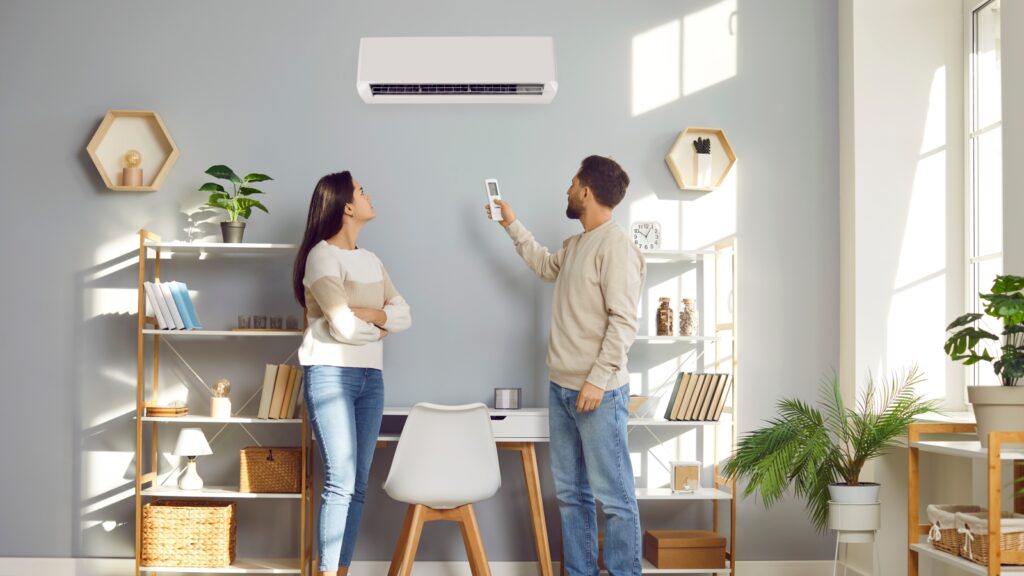
It is hard to imagine how people survived before the invention of air conditioners, but they do not come without cost. Often, running the air conditioner is the biggest thing driving a homeowner’s costs, especially in hot climates. When possible, upgrading to a new energy-efficient device can help. If that isn’t feasible, put yours on a timer so it isn’t needlessly cooling all day long. Also, use ceiling fans to circulate the air, and you will see a real difference.
Heating
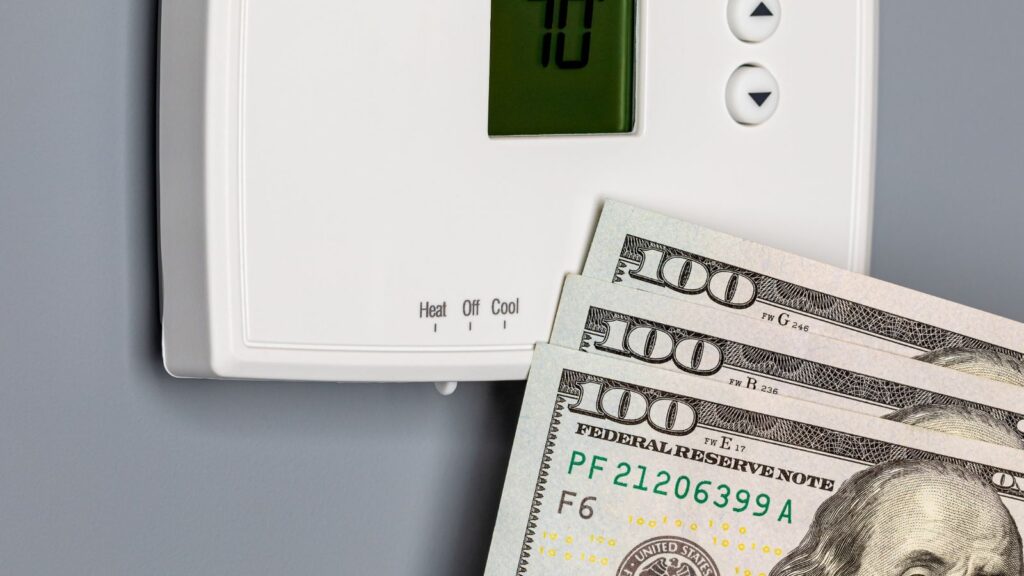
Another necessary energy sucker is heating systems. Whether it is a heat pump, boiler, or furnace, they take up a large amount of energy when in use. Make sure to use them sparingly and smartly by incorporating a thermostat to program them so that they are only being used when you actually need them to be in use.
Water Heaters
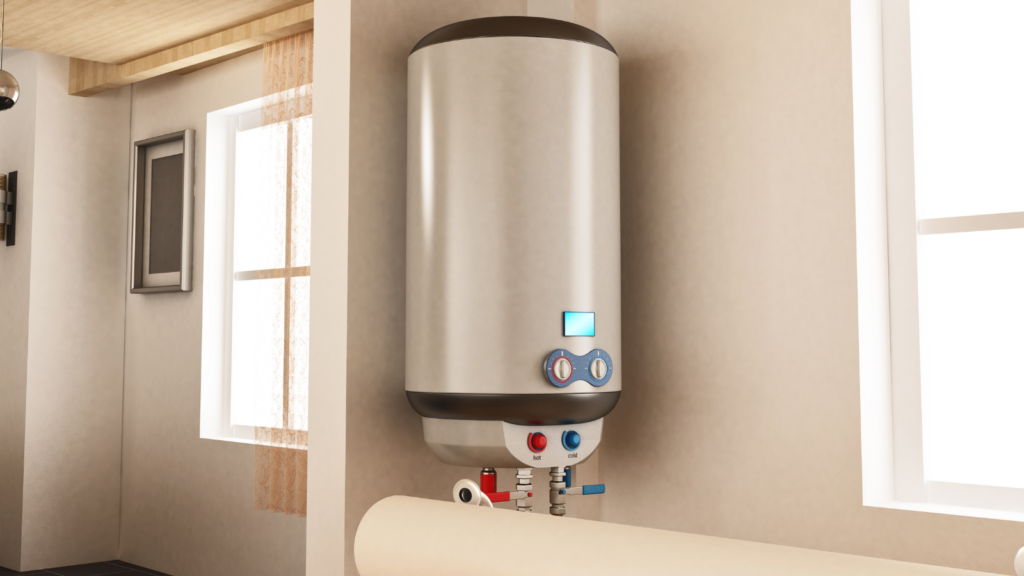
Water heaters use a reserve tank of water that is heated around the clock and on standby for when you need hot water. Traditional tanked varieties can be a huge waste of money because they heat all day and night. The new tankless water heaters deliver instant and immediate hot water only when you need it. That means it is running and using up energy around the clock. Once more, tankless water heaters supply endless hot water no matter how many people shower at the same time. If a tankless isn’t in your price range, consider increasing the thermostat on your hot water heater to reduce the amount of energy it uses daily.
Dryers
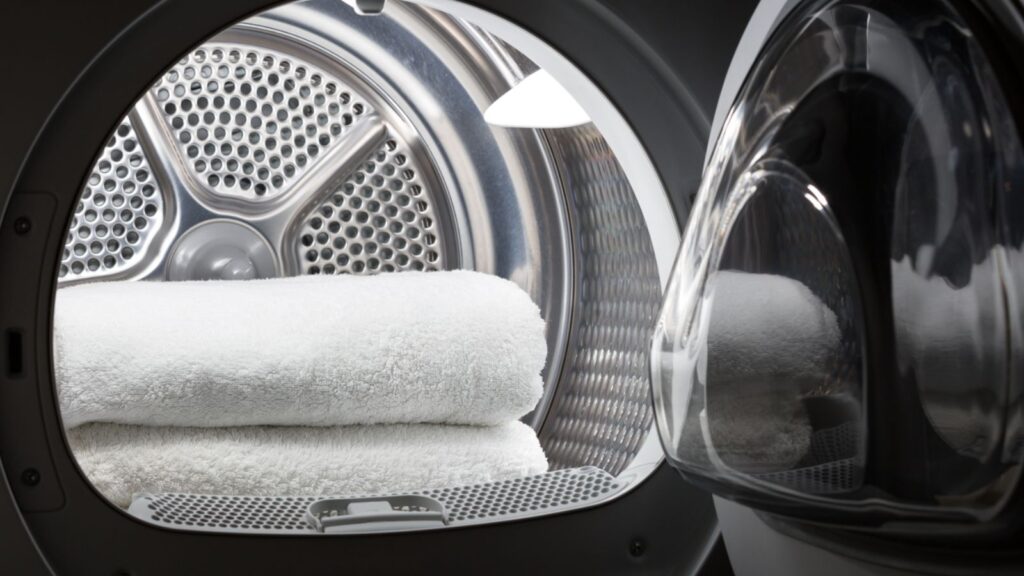
Clothes dryers are one of the biggest offenders when it comes to energy consumption. The older models take up more energy than newer modern ones. When possible, consider setting your dryer on air dry to reserve energy costs. Also, regular maintenance, such as cleaning out the lint collector, can help to reduce the amount of energy they need to operate.
Freezers and Refrigerators

Refrigerators and freezers both need to maintain a certain temperature to reduce the risk of food spoilage. Older units take up more energy than newer energy-efficient ones, which will lead to higher energy costs. Ways to reduce your costs include limiting the amount of food in them, keeping the door closed as much as possible, and removing them from any heat source that would work against their operating efficiency.
Space Heaters
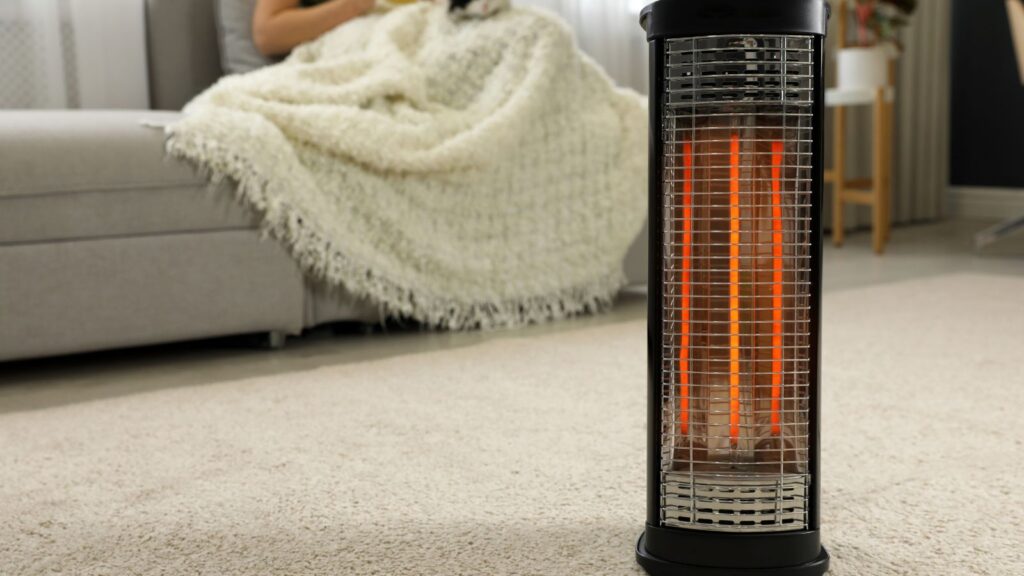
When your central heating isn’t enough to heat drafty places, many people will use space heaters. Although they can seem like a reasonable answer, they are expensive to run and are a very poor way to heat for long-term use. If you supplement with them, make sure to use energy-efficient models with thermostats that will shut off.
Lighting
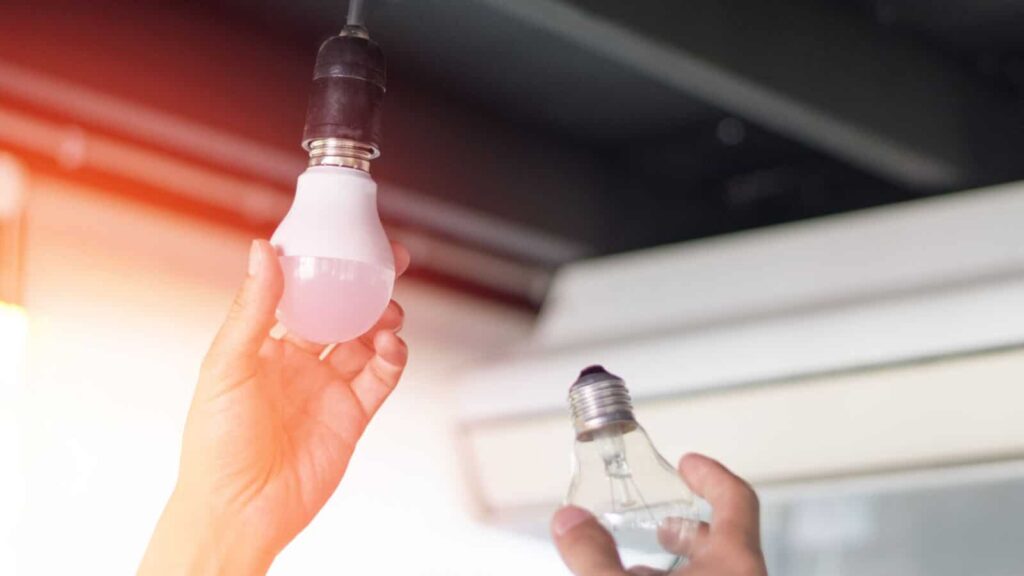
Every lighting source in your home contributes to your overall energy costs. Incandescent light bulbs use more energy than LED, as do halogen bulbs. By switching to LED lighting, you can use as much as 75% less, and the bulbs, on average, will burn as many as 25 times longer. For more savings, use natural light from the outdoors and shut off lights completely when possible.
Washing Machines
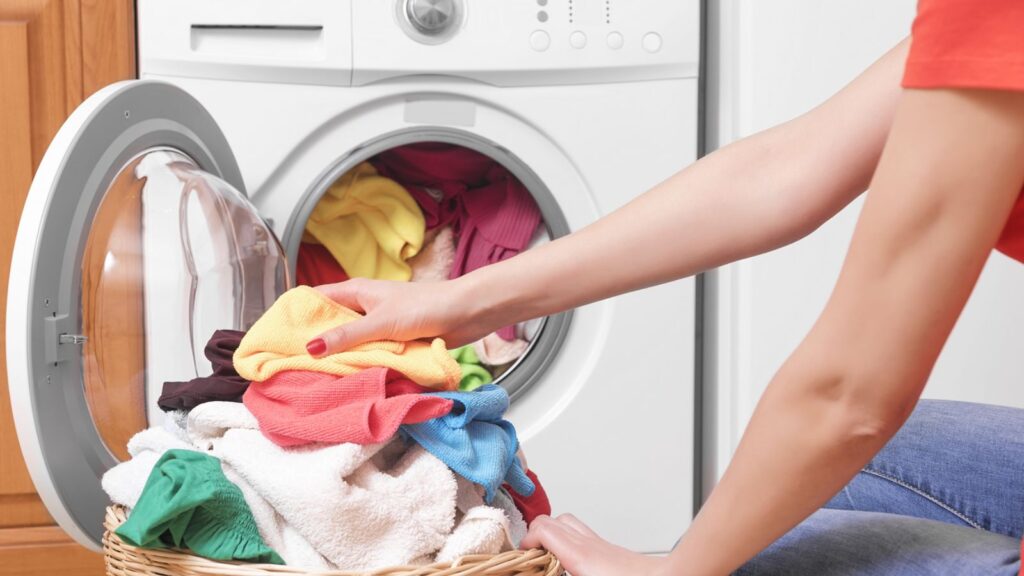
Just like dryers, washing machines use a significant amount of energy. When possible, set your washer to cold water instead of hot to reduce costs. Also, use regular maintenance to ensure that it is running optimally and avoid washing towels after each use. Being green isn’t just about saving costs. It is about reducing your carbon footprint.
Dehumidifiers
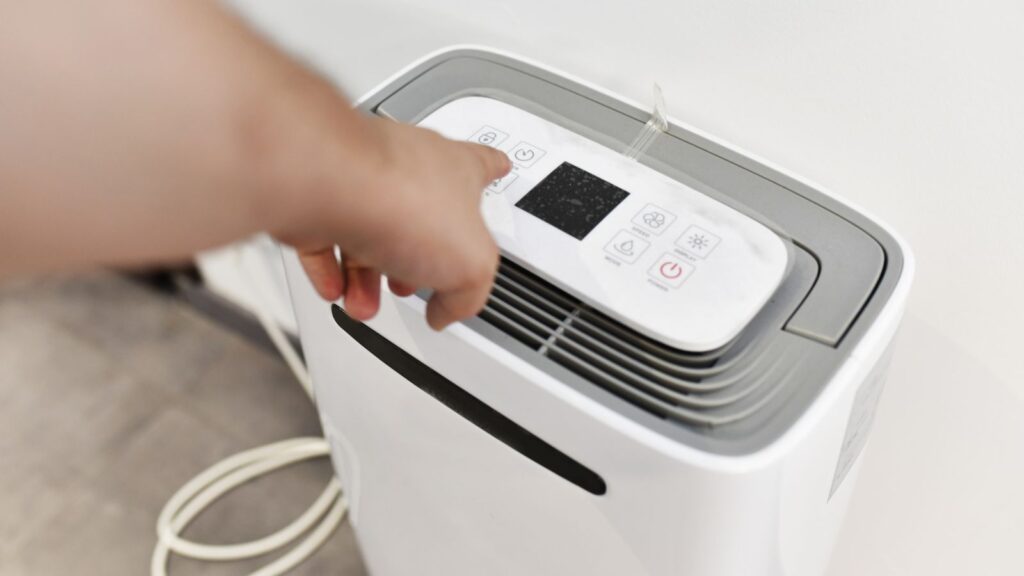
Dehumidifiers are an important part of reducing the moisture of your home. They also help to make you more comfortable at higher temperatures. Newer models are going to save you money due to their energy efficiency. Also, making sure to regularly clean the filter will help your dehumidifier run more smoothly and save you money.
Pool Pumps
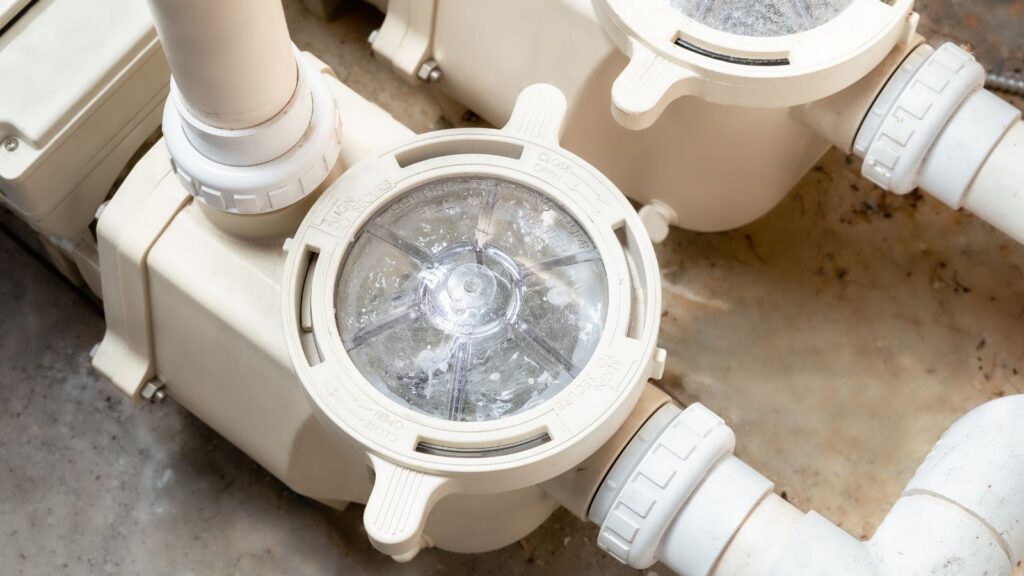
Pools are expensive to run and maintain. A huge part of their energy consumption rests in the pool pump. If yours is older, upgrading to a newer model might help to cut back on your energy usage and costs. Also, scheduling to make sure that your pump is only in use when you need it to be is a great way to cut costs. Lastly, make sure that the filter is clean so that your pump doesn’t have to work harder than necessary.
Electric Kettles
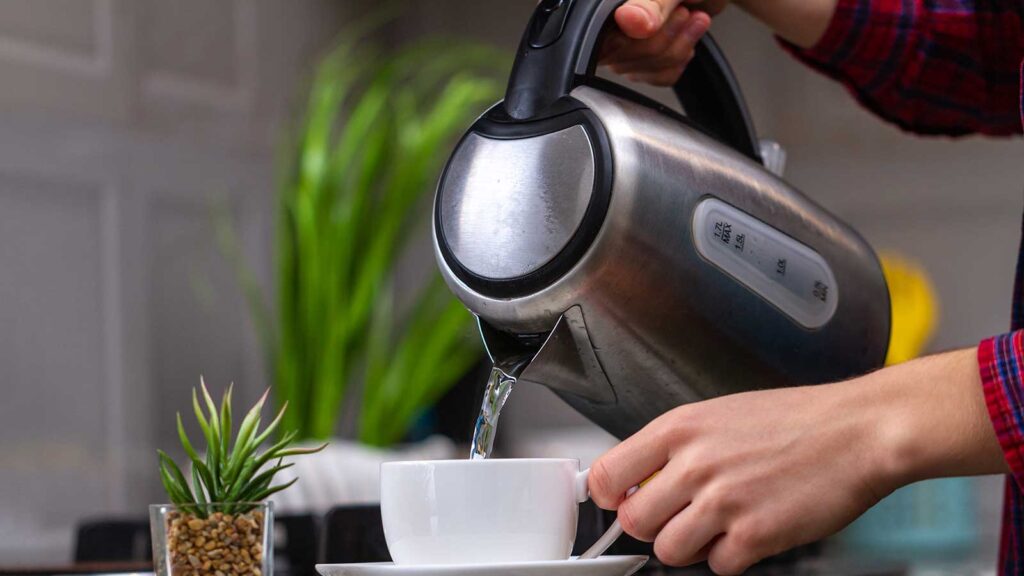
Many people opt to use electric kettles to heat water and keep it hot. They are a great way to provide water throughout the day using little energy. If you use them all the time, however, then you might spending more by using them than you think. When using them, only boil as much water as you actually need, and don’t leave them running when you don’t need them.
Cell Phone Chargers
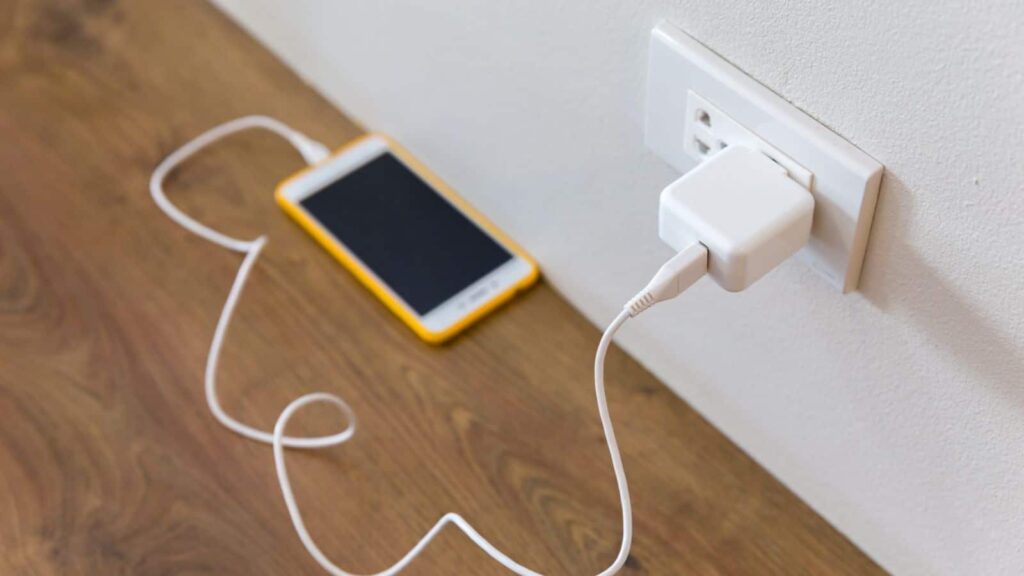
Many people aren’t aware that you don’t have to be using your cell phone charger for it to be using energy. When you leave the plug inserted into your electrical outlets, they are alive and using energy. To reduce your energy costs, make sure to unplug chargers throughout the house that aren’t in use.
Entertainment Systems
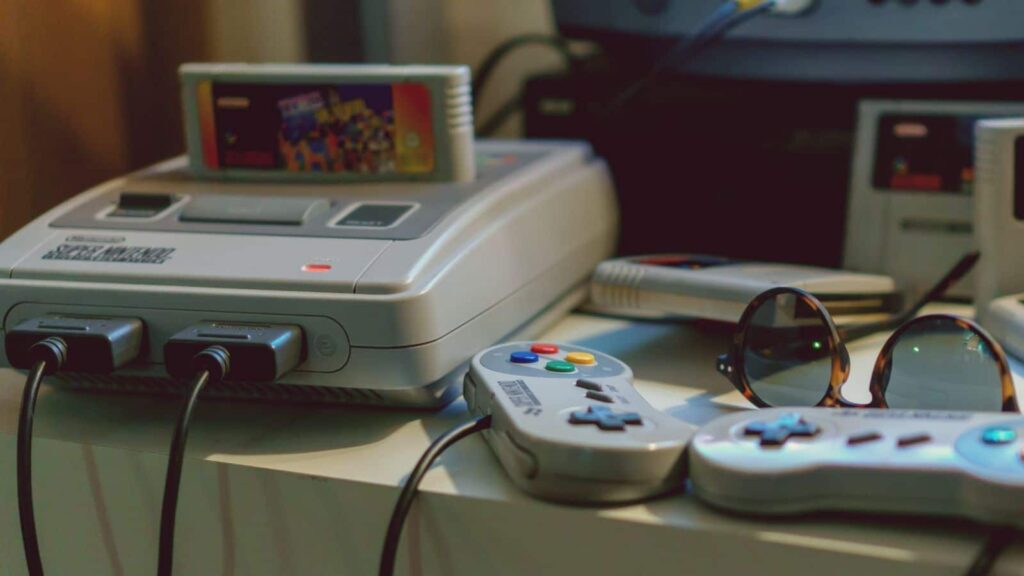
Most of us leave our home entertainment devices on, like game consoles and televisions, plugged in, even when not in use. Just like cell phone chargers, when your entertainment devices are on standby, they are still using up energy. The best way to reduce your energy costs is to make sure that everything is turned off completely.
Laptops and Computers

Laptops and computers that are on standby or not completely powered off are using up energy. Although going into an energy-saving mode, if you turn them off completely, then you won’t be using any energy at all. Make it a habit to power down all of the devices that aren’t in use instead of letting them sit idle.
Air Conditioning Window Units
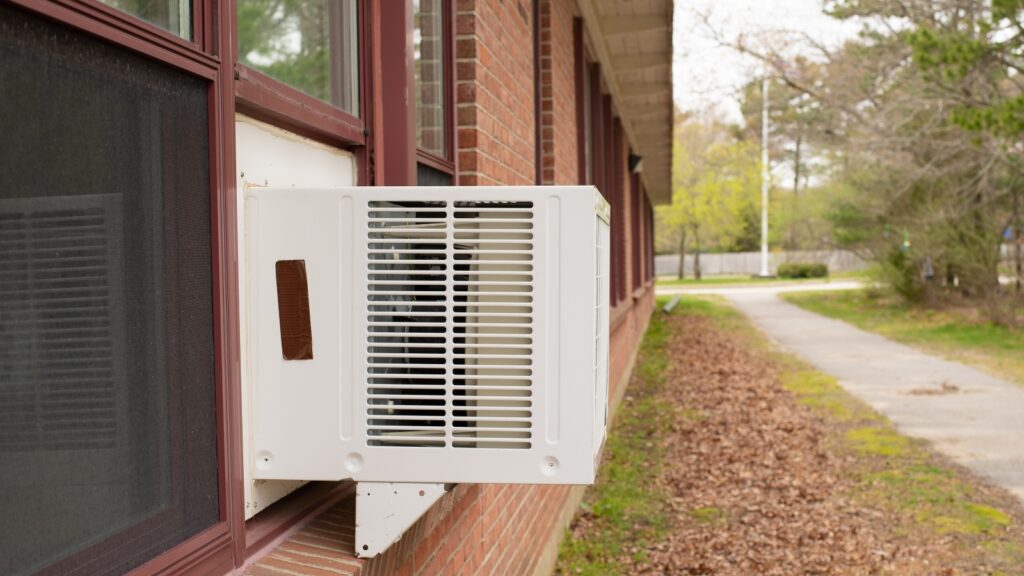
Although smaller than central air units, window air conditioners can use a lot of energy when it is hot outside. They do offer a convenient solution when only one room needs to be cooled, but only if you use an energy-efficient model and don’t overrun them. When possible, use blinds and drapes to keep out radiant heat from the sun. Also, use a timer so that the air conditioner isn’t cooling a room needlessly that isn’t in use.
Microwaves
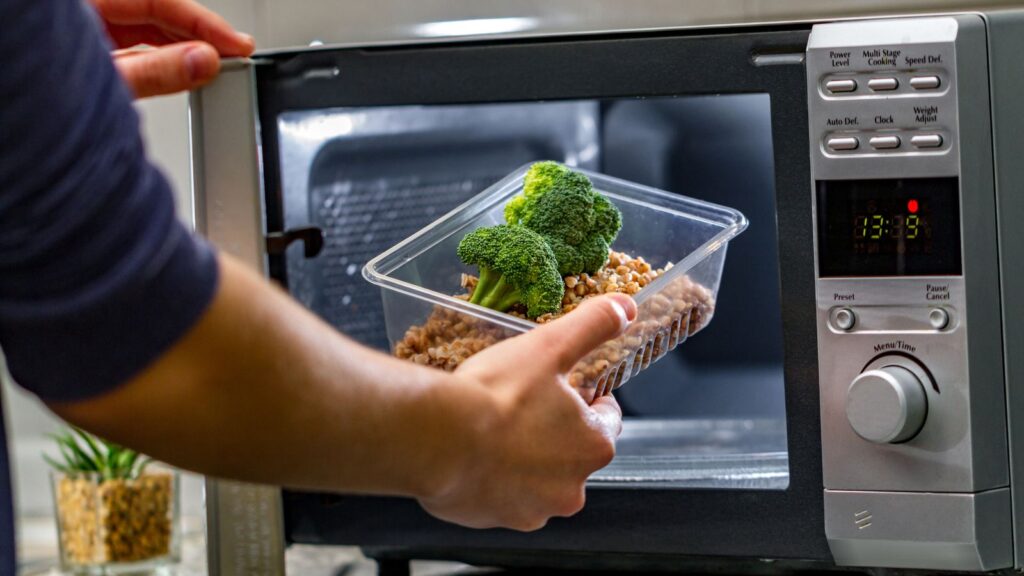
Microwaves use less energy than running a stove or oven, but they do take up energy. Older models will use up more energy than newer ones, so if possible, upgrade to a more energy-efficient model. Also, make sure that it is running properly by engaging in regular maintenance.
Coffee Machine
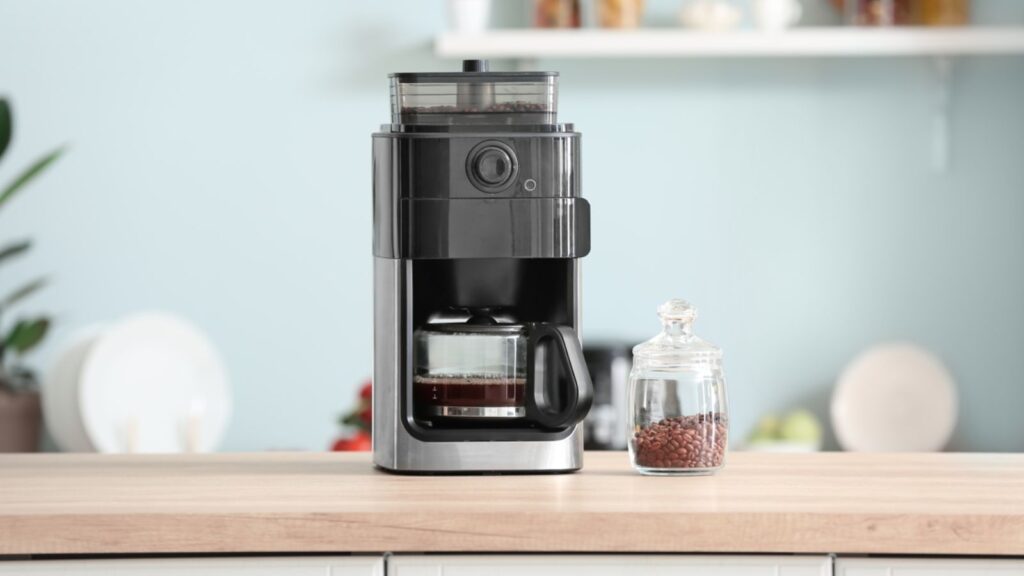
While coffee machines are little, they do take up a lot of energy if left to run all day long. Only make the amount that you are going to drink instead of letting them run all day. Also, instant coffee makers that are for single use use up less energy. The only drawback is the expense of the single-use pods.
Smokers
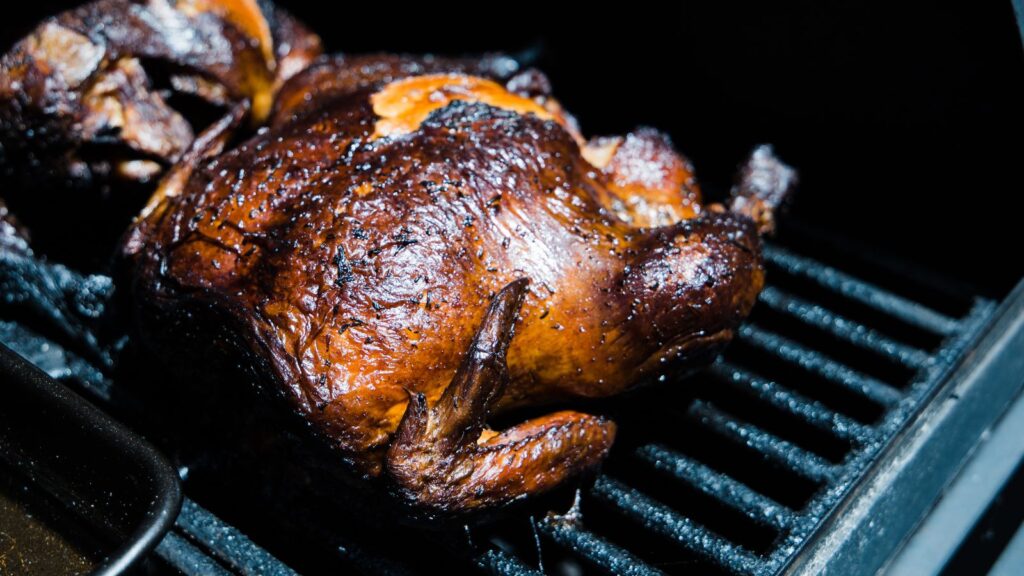
Smokers have become highly popular in the past several years, but they do come at a cost. Since they work by slowly cooking meat throughout the day, that means that they run continually on low heat for long periods of time. Cleaning them regularly will keep them running optimally and reduce energy costs.
Ovens and Stoves
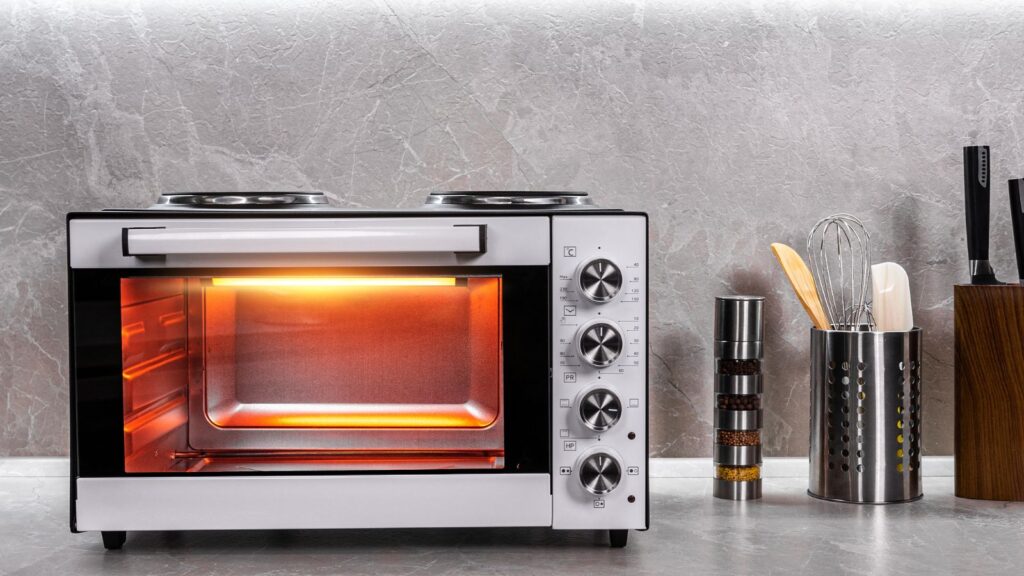
Another big energy sieve is electric ovens and stoves. Newer energy-efficient models will use less than older units. Common sense cuts are things like keeping the stove door closed and choosing energy-efficient options like a grill or microwave when possible instead of using the stove or oven.
Dishwashers
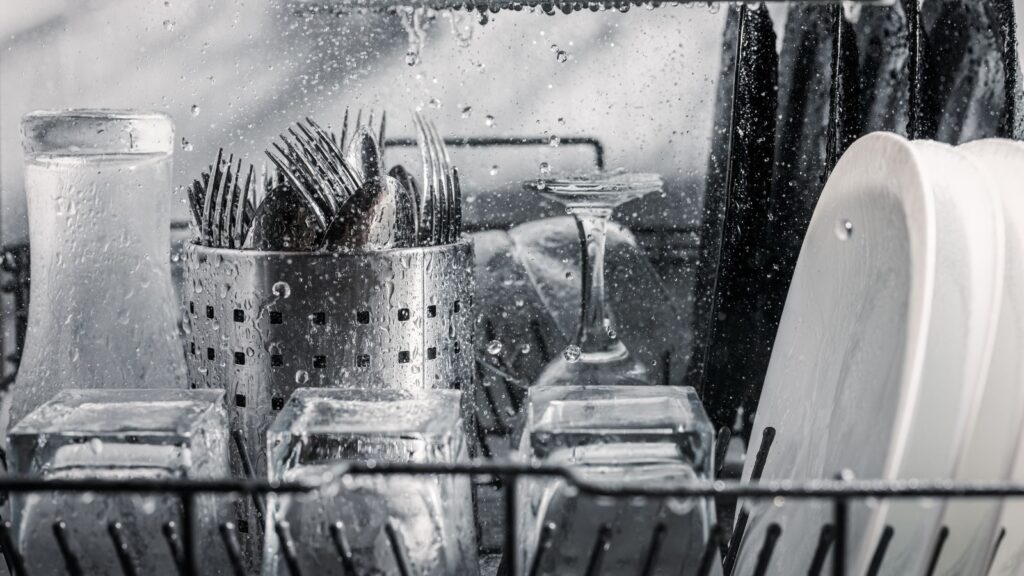
Dishwashers are convenient, but they do come at a cost. When you use your dishwasher frequently, it can contribute to your energy costs. Also, older dishwashers use more energy than newer ones. To reduce their energy use, choose the eco-cycles and skip the high-heat drying ones. Also, by providing regular maintenance, such as cleaning out the filter, you can lower their energy usage and associated costs.
Every Little Bit Helps
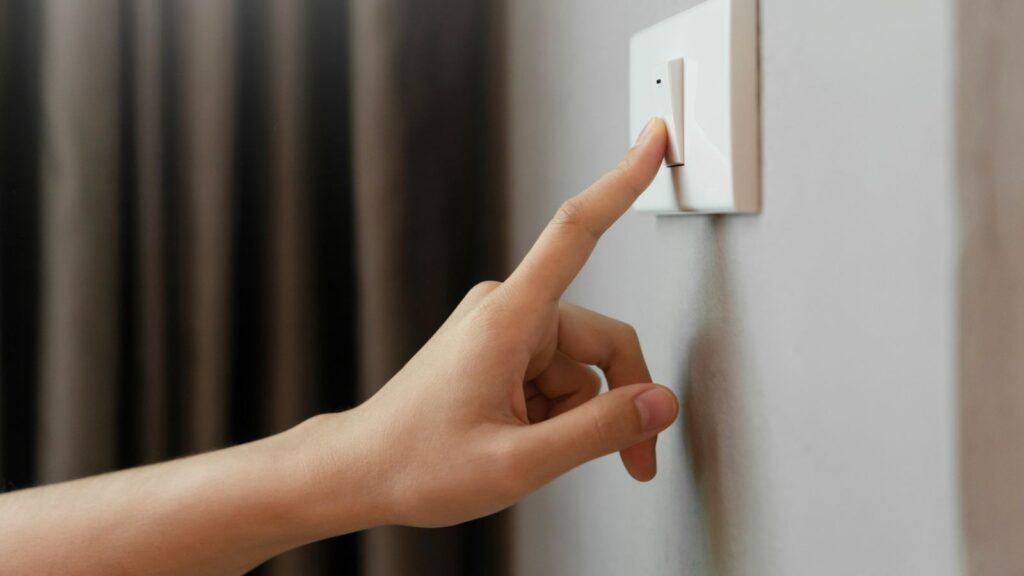
At a time when most people's disposable income is becoming less disposable, finding savings without sacrifice is much appreciated. Saving energy might not make you a millionaire, but it will help to reduce your monthly energy consumption and the associated costs. Be cognizant of what you can do to lower your costs, and remember, every little bit helps.
30 Traditional Sayings That Are Now Considered Offensive by Woke Culture

30 Traditional Sayings That Are Now Considered Offensive by Woke Culture
21 Habits Often Associated With Having a Lower Social Status

21 Habits Often Associated With Having a Lower Social Status
25 Social Issues Gen Z are Determined to Cancel

